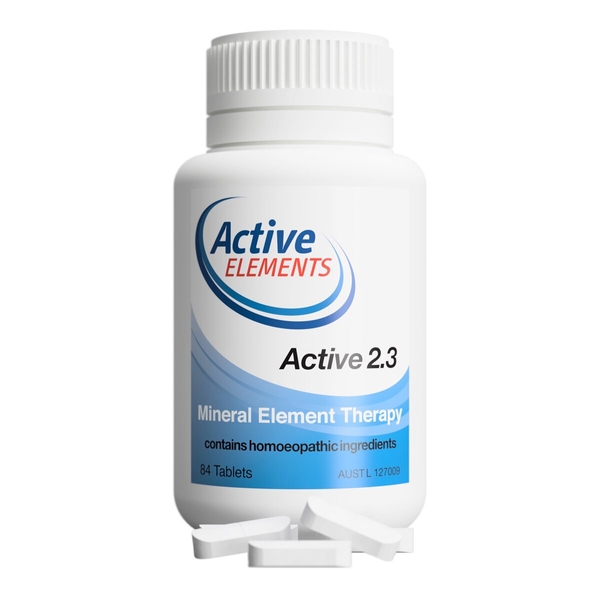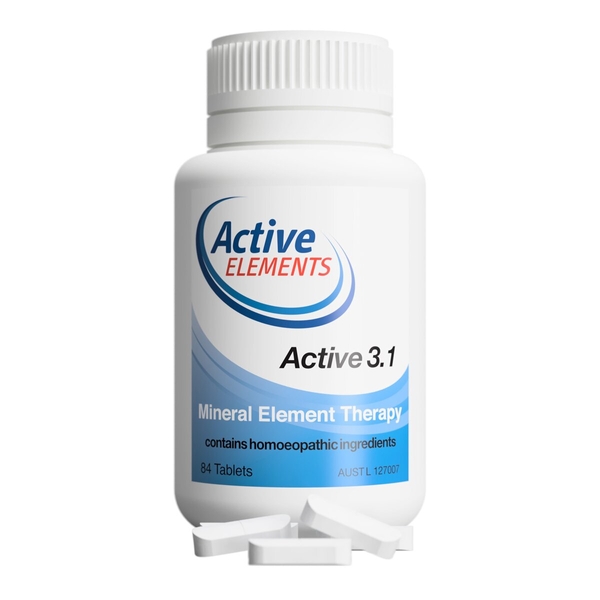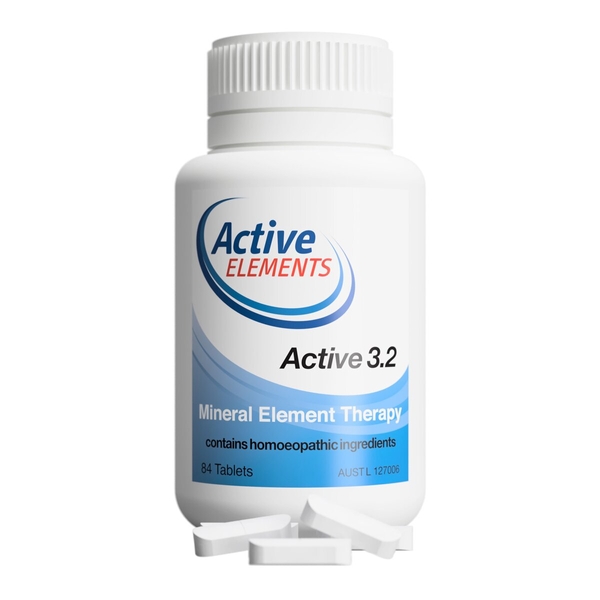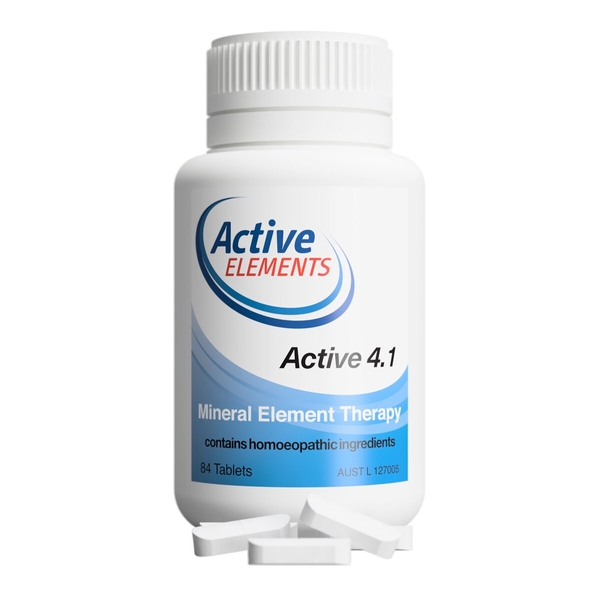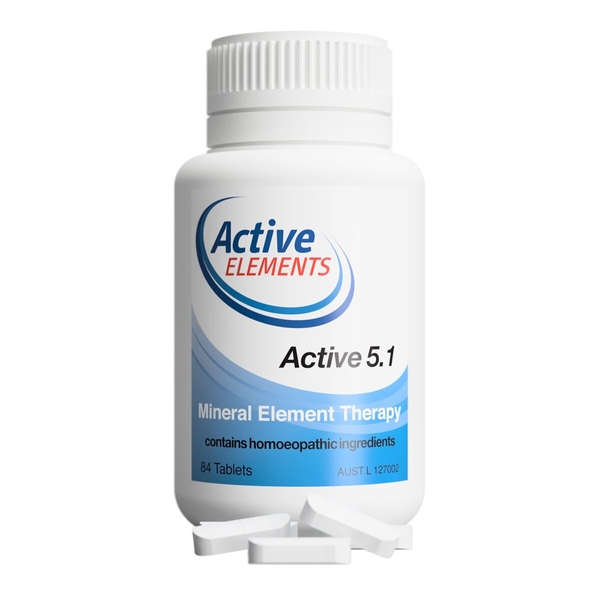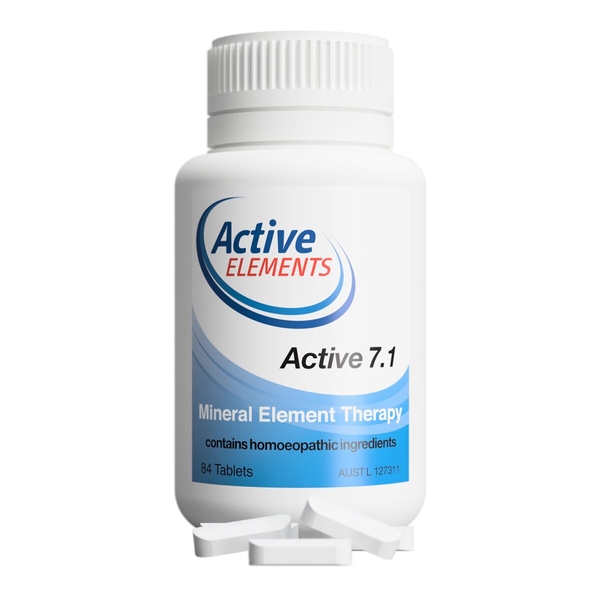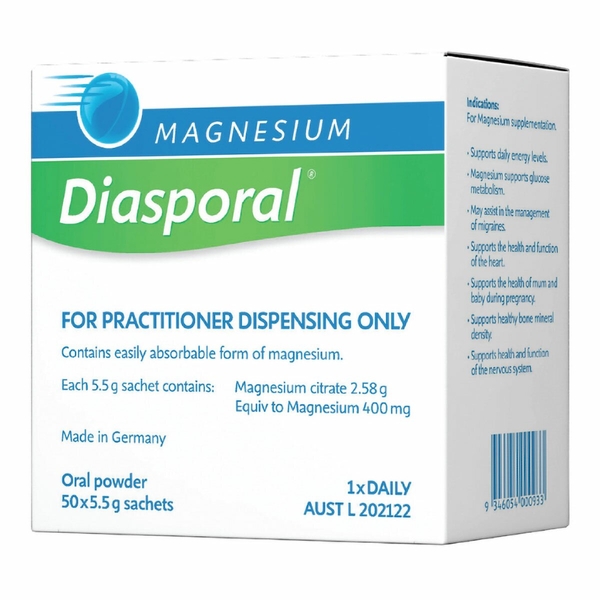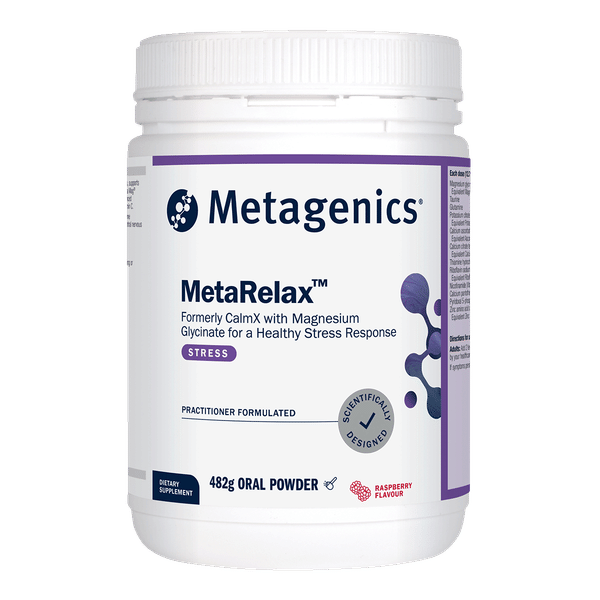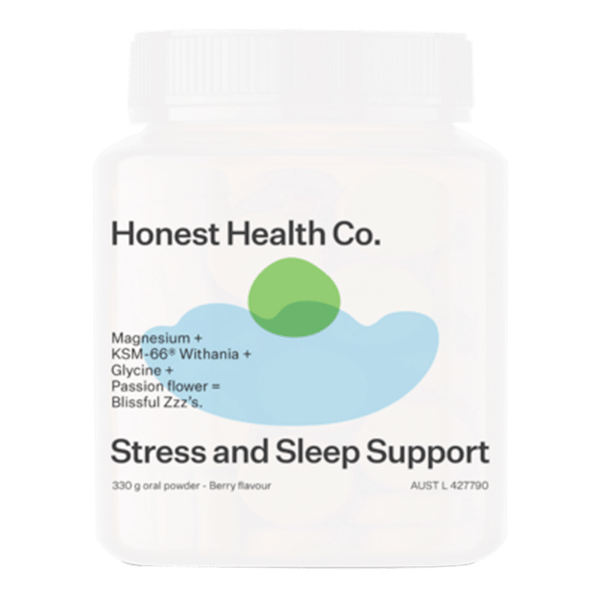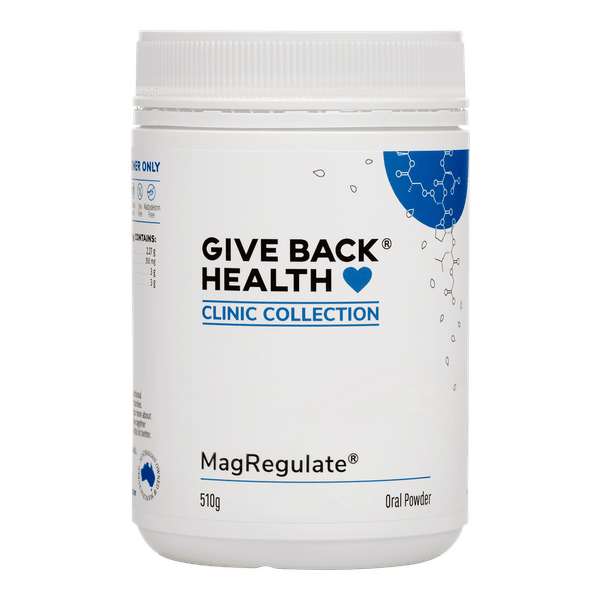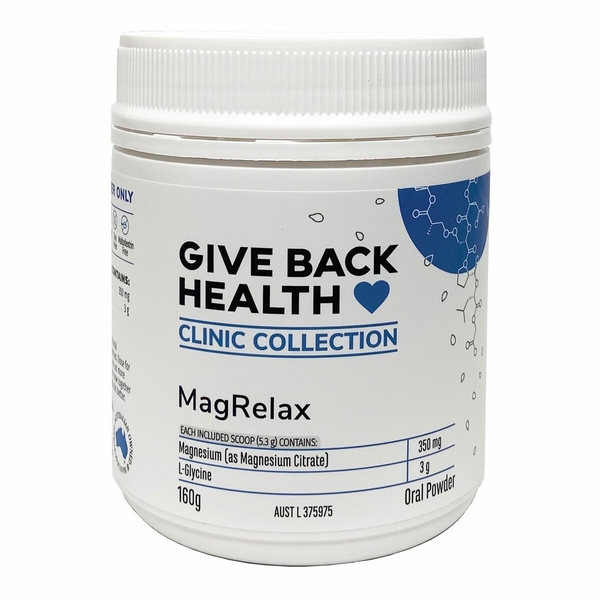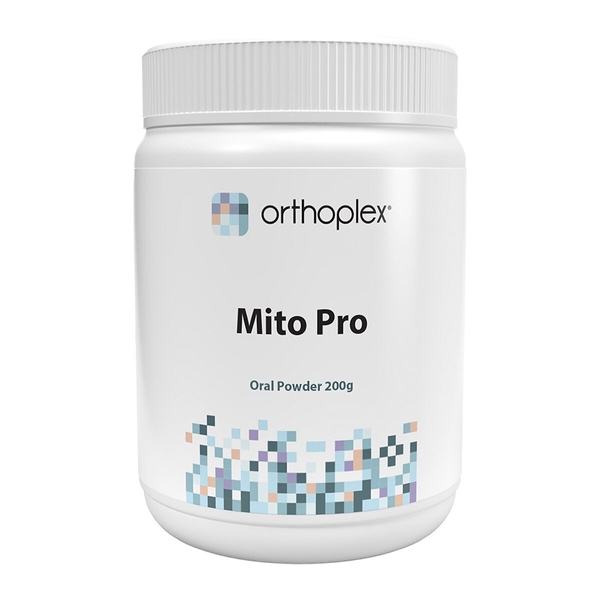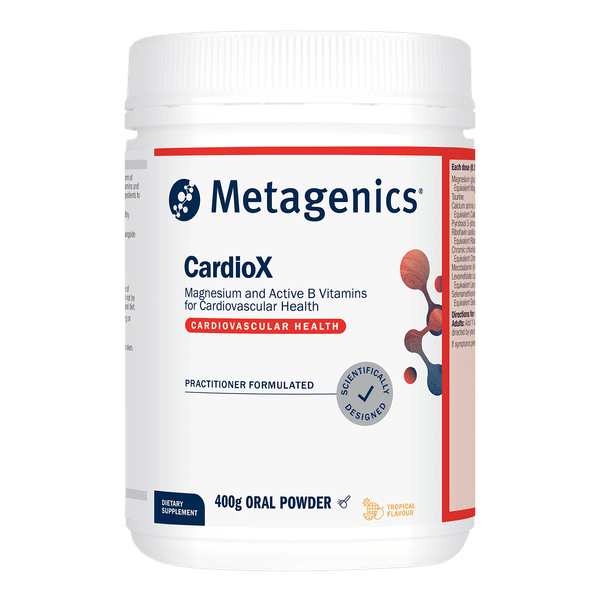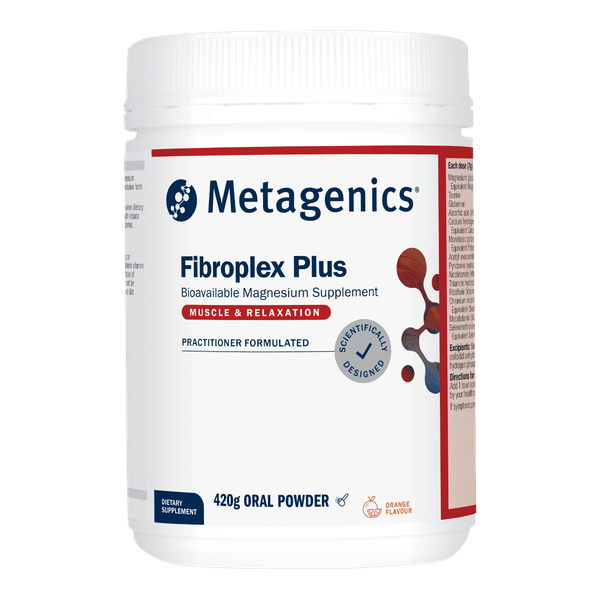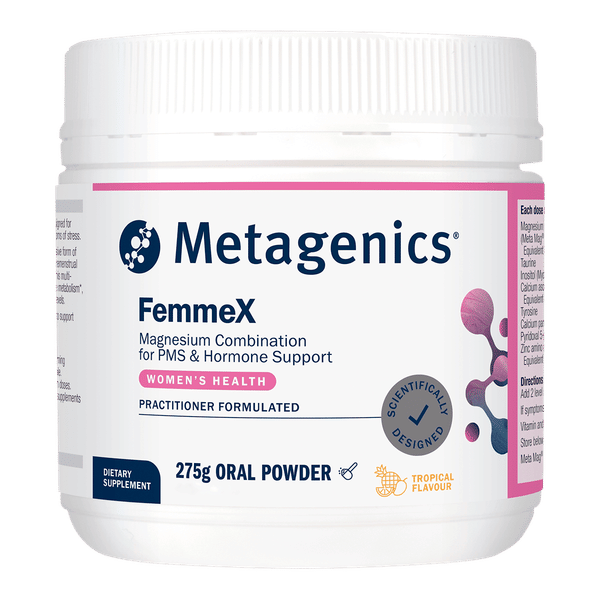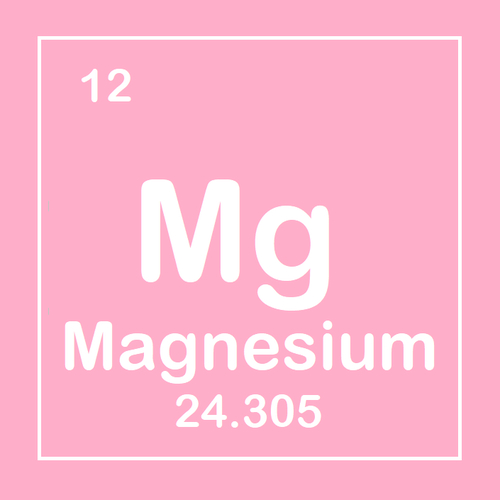
Background
Magnesium is needed for many bodily functions. Low levels in the body have been linked to diseases such as osteoporosis, high blood pressure, and stroke. An easy way to remember foods that are good magnesium sources is to think of fiber. Foods that are high in fiber are generally high in magnesium.
People commonly use magnesium for constipation, as an antacid for heartburn, for low magnesium levels, for pregnancy complications called pre-eclampsia and eclampsia, and for a certain type of irregular heartbeat (torsades de pointes). It's also used for many other conditions, but there is no good scientific evidence to support many of these other uses.
Safety Safety definitions
Special Precautions & Warnings:
Pregnancy and breast-feeding: Magnesium is likely safe for those pregnant or breast-feeding when taken by mouth in doses less than 350 mg daily. Magnesium is possibly unsafe when taken by mouth in doses greater than 350 mg daily. High doses can cause diarrhea and too much magnesium in the blood.Children: Magnesium is likely safe when taken by mouth in daily doses of less than 65 mg for children 1-3 years, 110 mg for children 4-8 years, and 350 mg for children older than 8 years. Magnesium is likely unsafe when taken by mouth in higher doses.
Alcohol use disorder: Alcohol abuse increases the risk for magnesium deficiency.
Bleeding disorders: Magnesium seems to slow blood clotting. Taking magnesium might increase the risk of bleeding or bruising in people with bleeding disorders.
Diabetes: Diabetes increases the risk for magnesium deficiency.
Kidney conditions: Kidneys that don't work well have trouble clearing magnesium from the body. Taking extra magnesium can cause magnesium to build up to dangerous levels. Don't take magnesium if you have kidney problems.
Effectiveness
- Bowel preparation. Taking magnesium by mouth is helpful for preparing the bowel for medical procedures such as a colonoscopy.
- Constipation. Taking magnesium by mouth is helpful as a laxative for short-term constipation.
- Indigestion (dyspepsia). Taking magnesium by mouth as an antacid reduces symptoms of heartburn and indigestion. Various magnesium compounds can be used, but magnesium hydroxide seems to work the fastest.
- Seizures in people with high blood pressure during pregnancy (eclampsia). Taking magnesium by IV or as a shot is considered the treatment of choice for eclampsia. Magnesium reduces the risk of seizures in people with this condition. But IV products can only be given by a healthcare provider.
- Low levels of magnesium in the blood (hypomagnesemia). Taking magnesium supplements by mouth can treat and prevent magnesium deficiency.
- A pregnancy complication marked by high blood pressure and protein in the urine (pre-eclampsia). Taking magnesium by IV or as a shot is considered the treatment of choice for preventing seizures from pre-eclampsia. But taking magnesium by mouth doesn't seem to reduce the risk of developing pre-eclampsia. IV products can only be given by a healthcare provider.
- Cerebral palsy. Taking magnesium by IV when pregnant can reduce the risk of cerebral palsy in preterm infants. IV products can only be given by a healthcare provider.
- Seizures. Taking magnesium by IV is helpful for treating various types of seizures. IV products can only be given by a healthcare provider.
- A type of irregular heartbeat (torsades de pointes). Taking magnesium by IV is helpful for treating a certain type of irregular heartbeat called torsades de pointes. IV products can only be given by a healthcare provider.
- Irregular heartbeat (arrhythmias). Taking magnesium by IV or by mouth seems to help treat irregular heartbeat, also called arrhythmias. But it's not clear if taking magnesium helps reduce irregular heartbeat after heart surgery. IV products can only be given by a healthcare provider.
- Asthma. Taking magnesium by IV seems to help treat sudden asthma attacks. But inhaling magnesium or taking magnesium by mouth doesn't seem to work. IV products can only be given by a healthcare provider.
- Colon cancer, rectal cancer. Eating more foods with magnesium in them might reduce the risk of colon cancer, but not rectal cancer.
- Diabetes. Eating a diet with more magnesium might reduce the risk of developing diabetes in adults and overweight children. But it's not clear if taking magnesium supplements helps.
- High cholesterol. Taking magnesium by mouth appears to slightly decrease low-density lipoprotein (LDL or "bad") cholesterol levels and total cholesterol levels, and slightly increase high-density lipoprotein (HDL or "good") cholesterol levels in people with high cholesterol.
- A grouping of symptoms that increase the risk of diabetes, heart disease, and stroke (metabolic syndrome). People with low magnesium levels are 6-7 times more likely to have metabolic syndrome than people with normal magnesium levels. Higher magnesium intake from diet and supplements is linked with a lower risk of developing metabolic syndrome.
- Weak and brittle bones (osteoporosis). Eating more magnesium in the diet and taking magnesium supplements by mouth seems to prevent bone loss in older females with osteoporosis.
- Pain after surgery. Taking magnesium with anesthesia or by IV after surgery seems to increase the amount of time before pain develops and might decrease the need to use pain relievers after surgery. IV products can only be given by a healthcare provider.
- Premenstrual syndrome (PMS). Taking magnesium by mouth seems to relieve symptoms of PMS, including mood changes and bloating.
- Chest pain due to blood vessel spasms (vasospastic angina). Taking magnesium by IV seems to prevent blood vessel spasms in people with chest pain caused by this condition. IV products can only be given by a healthcare provider.
- Altitude sickness. Taking magnesium citrate by mouth doesn't reduce the risk of altitude sickness.
- Athletic performance. Taking magnesium by mouth doesn't increase energy or endurance during athletic activity.
- Swelling (inflammation) of small airways in the lung (bronchiolitis). Giving magnesium by IV does not help and might even worsen bronchiolitis in infants. IV products can only be given by a healthcare provider.
- Nerve damage in the hands and feet caused by cancer drug treatment. Taking magnesium does not prevent nerve damage caused by the cancer drug oxaliplatin.
- Limb pain that usually occurs after an injury (complex regional pain syndrome). Taking magnesium by IV does not improve pain in people with chronic pain after an injury. IV products can only be given by a healthcare provider.
- Confusion and agitation after surgery. Taking magnesium by IV does not seem to reduce delirium after surgery. IV products can only be given by a healthcare provider.
- Symptoms of menopause. Taking magnesium oxide by mouth doesn't reduce hot flashes.
- Muscle cramps. Taking magnesium supplements by mouth does not seem to decrease the frequency or intensity of muscle cramps.
- Sickle cell disease. Giving magnesium sulfate by IV does not benefit children with sickle cell disease who are in the hospital. IV products can only be given by a healthcare provider.
- Stillbirth. Taking magnesium supplements by mouth during pregnancy does not seem to decrease the risk of a stillbirth.
- A serious infection caused by Clostridium bacteria (tetanus). Taking magnesium by IV does not seem to reduce the risk of death in people with tetanus. IV products can only be given by a healthcare provider.
- A sudden injury that causes damage to the brain (traumatic brain injury). Treatment with magnesium does not improve the outcome or reduce the risk of death for people with a traumatic brain injury. It's not clear if taking magnesium by mouth is helpful in people with a concussion.
Dosing & administration
Magnesium supplements vary depending on the particular salt form used (magnesium aspartate, magnesium citrate, magnesium oxide, etc.). It's also available in many multivitamin products. Speak with a healthcare provider to find out what type of product and dose might be best for a specific condition.
Interactions with pharmaceuticals
Antacids
Interaction Rating=Moderate Be cautious with this combination.
Antacids might reduce the laxative effects of magnesium. People taking magnesium as a laxative might require a higher dose.
Antibiotics (Aminoglycoside antibiotics)
Interaction Rating=Moderate Be cautious with this combination.
Some antibiotics can affect the muscles. These antibiotics are called aminoglycosides. Magnesium can also affect the muscles. Taking these antibiotics and getting a magnesium shot might cause muscle problems.
Antibiotics (Quinolone antibiotics)
Interaction Rating=Moderate Be cautious with this combination.
Magnesium might decrease how much antibiotic the body absorbs. Taking magnesium along with some antibiotics might decrease the effectiveness of some antibiotics. To avoid this interaction, take these antibiotics at least 2 hours before, or 4 to 6 hours after, magnesium supplements.
Antibiotics (Tetracycline antibiotics)
Interaction Rating=Moderate Be cautious with this combination.
Magnesium might decrease how much antibiotic the body absorbs. Taking magnesium along with some antibiotics might decrease the effectiveness of some antibiotics. To avoid this interaction, take these antibiotics at least 2 hours before, or 4 to 6 hours after, magnesium supplements.
Bisphosphonates
Interaction Rating=Moderate Be cautious with this combination.
Magnesium can decrease how much bisphosphate the body absorbs. Taking magnesium along with bisphosphates can decrease the effectiveness of bisphosphate. To avoid this interaction, take bisphosphonate at least 2 hours before magnesium or later in the day.
Digoxin (Lanoxin)
Interaction Rating=Moderate Be cautious with this combination.
Digoxin helps the heart beat more strongly. Magnesium might decrease how much digoxin the body absorbs. This might decrease the effects of digoxin.
Gabapentin (Neurontin)
Interaction Rating=Moderate Be cautious with this combination.
Magnesium might decrease how much gabapentin the body absorbs. This might decrease the effects of gabapentin. Take gabapentin at least 2 hours before, or 4 to 6 hours after, taking magnesium supplements.
Levodopa/Carbidopa (Sinemet)
Interaction Rating=Major Do not take this combination.
Levodopa/carbidopa is used for Parkinson disease. Taking magnesium oxide along with levodopa/carbidopa might decrease the effectiveness of levodopa/carbidopa. Do not take magnesium oxide if you are taking levodopa/carbidopa.
Medications for diabetes (Sulfonylureas)
Interaction Rating=Moderate Be cautious with this combination.
Magnesium hydroxide might increase how much sulfonylurea the body absorbs. By increasing how much sulfonylurea the body absorbs, magnesium hydroxide might increase the risk of low blood sugar in some patients.
Medications for high blood pressure (Calcium channel blockers)
Interaction Rating=Moderate Be cautious with this combination.
Some medications for high blood pressure work by blocking calcium from entering cells. Magnesium might also block calcium from entering cells. Taking magnesium with these medications might cause blood pressure to go too low.
Medications that slow blood clotting (Anticoagulant / Antiplatelet drugs)
Interaction Rating=Moderate Be cautious with this combination.
Magnesium might slow blood clotting. Taking magnesium along with medications that also slow blood clotting might increase the risk of bruising and bleeding.
Muscle relaxants
Interaction Rating=Moderate Be cautious with this combination.
Magnesium seems to help relax muscles. Taking magnesium along with muscle relaxants can increase the risk of side effects of muscle relaxants.
Sevelamer (Renagel, Renvela)
Interaction Rating=Minor Be watchful with this combination.
Sevelamer can increase magnesium levels in the body. Taking sevelamer with a magnesium supplement might cause magnesium levels to get too high.
Water pills (Potassium-sparing diuretics)
Interaction Rating=Moderate Be cautious with this combination.
Some "water pills" can increase magnesium levels in the body. Taking some "water pills" along with magnesium might cause too much magnesium to be in the body.
Interactions with herbs & supplements
Calcium: Calcium supplements can decrease the absorption of dietary magnesium, but only at very high doses (2600 mg per day). In people with normal magnesium levels, this doesn't seem to be an issue. People at high risk for magnesium deficiency should take calcium supplements at bedtime, instead of with meals, to avoid interfering with dietary magnesium absorption. Magnesium does not seem to affect calcium absorption.
Herbs and supplements that might slow blood clotting: Magnesium might slow blood clotting and increase the risk of bleeding. Taking it with other supplements with similar effects might increase the risk of bleeding in some people. Examples of supplements with this effect include garlic, ginger, ginkgo, nattokinase, and Panax ginseng.
Vitamin D: Some forms of vitamin D increase magnesium absorption, especially when taken in high doses. This effect has been used to treat low magnesium in people with conditions that make it difficult for them to absorb magnesium.
Zinc: High doses of zinc (142 mg per day) might decrease magnesium absorption and magnesium balance in healthy adult males. Also, moderately high dietary zinc intake (53 mg per day) seems to increase magnesium loss after menopause. This might harm bone health.
Interactions with foods
Products
View all products- Magnesium phosphate pentahydrate 100 mg equiv. magnesium 20.66 mg
- Magnesium phosphate pentahydrate (Mag phos)
- Potassium chloride
- Sodium phosphate - dibasic dodecahydrate
- Ferrous phosphate octahydrate (Iron)
- Sodium phosphate dibasic anhydrous 250 mg equiv. sodium 80.97 mg
- Iron phosphate 12 mg equiv. iron 4 mg
- Magnesium phosphate pentahydrate 70 mg equiv. magnesium 14.48 mg
- Magnesium phosphate pentahydrate (Mag phos)
- Potassium sulphate
- Potassium chloride
- Sodium sulphate (Nat sulph)
- Sodium chloride
- Ferrous phosphate octahydrate (Iron)
- Calcium sulphate dihydrate (Calc sulph)
- Potassium sulphate 50 mg equiv. potassium 22.44 mg
- Iron phosphate 10 mg equiv. iron 3.34 mg
- Calcium sulphate dihydrate 15 mg equiv. calcium 3.49 mg
- Sodium sulphate 100 mg equiv. sodium 32.37 mg
- Magnesium hydroxide (Aquamin Mg) 360 mg
- Lithothamnium calcareum (Aquamin S) 424 mg
- Magnesium hydroxide (Aquamin Mg)
- Passiflora incarnata (flower)
- Chamomilla spp.
- Eschscholzia californica (flower)
- Humulus lupulus
- Backhousia citriodora
- Theobroma cacao
- Coconut milk powder
- Stevia rebaubiana
- Potato maltodextrin
- Beta vulgaris powder
- Murray River salt
- Terminalia canescens
- Eucalyptus olida
- Magnesium bisglycinate 3.5 g equiv. magnesium 350 mg
- Taurine 3 g
- Potassium citrate 275 mg equiv. potassium 100 mg
- L-glutamine 2 g
- Calcium ascorbate dihydrate (Vitamin C) 605 mg equiv. ascorbic acid 500 mg
- Thiamine hydrochloride (Vitamin B1) 25 mg
- Riboflavin 5-phosphate sodium (Activated B2) 34 mg equiv. riboflavin 25 mg
- Nicotinamide (Vitamin B3) 25 mg
- Calcium pantothenate (Vitamin B5) 25 mg
- Pyridoxal 5-phosphate monohydrate (P5P) 25 mg equiv. pyridoxine 16 mg
- Zinc bisglycinate (Zinc amino acid chelate) 50 mg equiv. zinc 10 mg
- Calcium citrate tetrahydrate 711 mg equiv. calcium 150 mg
- Magnesium citrate 1.91 g equiv. magnesium 310 mg
- L-glutamine 2 g
- Retinol palmitate 1.37 mg equiv. vitamin A 750 μgRE
- Calcium ascorbate dihydrate (Vitamin C) 121 mg equiv. ascorbic acid 100 mg
- Cholecalciferol 25 μg equiv. vitamin D3 1000 IU
- Palm tocotrienols complex (Vitamin E) 5 mg
- Menaquinone 7 (Vitamin K2) 20 μg
- Phytomenadione (Vitamin K1) 70 μg
- Thiamine nitrate (Vitamin B1) 50 mg equiv. thiamine 40.6 mg
- Riboflavin 5-phosphate sodium (Activated B2) 10 mg
- Nicotinamide (Vitamin B3) 100 mg
- Nicotinic acid (Vitamin B3) 5 mg
- Calcium pantothenate (Vitamin B5) 164 mg equiv. pantothenic acid 150 mg
- Pyridoxine hydrochloride (Vitamin B6) 30 mg equiv. pyridoxine 24.7 mg
- Pyridoxal 5-phosphate monohydrate (P5P) 16.1 mg equiv. pyridoxine 10.2 mg
- Mecobalamin (Vitamin B12) 400 μg
- Biotin 300 μg
- Calcium folinate (Activated folate) 432 μg equiv. folinic acid 400 μg
- Chromium nicotinate 402 μg equiv. chromium 50 μg
- Potassium iodide 196 μg equiv. iodine 150 μg
- Manganese amino acid chelate 10 mg equiv. manganese 1 mg
- Molybdenum trioxide 75 μg equiv. molybdenum 50 μg
- Selenomethionine 150 μg equiv. selenium 60 μg
- Zinc citrate dihydrate 47 mg equiv. zinc 15 mg
- Inositol 25 mg
- Rutin (Rutoside) 25 mg
- Alpha lipoic acid 20 mg
- Choline bitartrate 150 mg
- Taurine 1.5 g
- Citrus bioflavonoids extract 25 mg
- Magnesium citrate 1.91 g equiv. magnesium 310 mg
- Levocarnitine (L-carnitine) 2 g
- Acetyl levocarnitine hydrochloride (Acetyl-L-carnitine) 1 g
- Ubidecarenone (Coenzyme Q10) 100 mg
- Zinc citrate dihydrate 79.87 mg equiv. zinc 25 mg
- Selenomethionine 248 μg equiv. selenium 100 μg
- Turnera diffusa ext. 300 mg
- Ascorbic acid (Vitamin C) 1 g
- Alpha lipoic acid 50 mg
- Palm tocotrienols complex (Vitamin E) 5 mg
- Thiamine nitrate (Vitamin B1) 100 mg equiv. thiamine 81.04 mg
- Riboflavin 5-phosphate sodium (Activated B2) 20 mg
- Nicotinamide (Vitamin B3) 50 mg
- Calcium pantothenate (Vitamin B5) 150 mg equiv. pantothenic acid 137.44 mg
- Biotin 500 μg
- Calcium folinate (Activated folate) 216 μg equiv. folinic acid 200 μg
- Pyridoxine hydrochloride (Vitamin B6) 20 mg equiv. pyridoxine 16.48 mg
- Pyridoxal 5-phosphate monohydrate (P5P) 10 mg equiv. pyridoxine 6.4 mg
- Mecobalamin (Vitamin B12) 200 μg
- Magnesium bisglycinate 3 g equiv. magnesium 300 mg
- Riboflavin 5-phosphate sodium (Activated B2) 2.7 mg equiv. riboflavin 2 mg
- Co-methylcobalamin (Vitamin B12) 200 μg
- Taurine 3 g
- Calcium amino acid chelate 300 mg equiv. calcium 60 mg
- Pyridoxal 5-phosphate (P5P) 25 mg
- Chromic chloride hexahydrate 513 μg equiv. chromium 100 μg
- Levomefolate calcium (Activated folate) 163 μg equiv. levomefolic acid 150 μg
- Selenomethionine 125 μg equiv. selenium 50 μg
- Magnesium bisglycinate 3 g equiv. magnesium 300 mg
- Taurine 600 mg
- L-glutamine 500 mg
- Pyridoxine hydrochloride (Vitamin B6) 50 mg equiv. pyridoxine 41.16 mg
- Co-methylcobalamin (Vitamin B12) 150 μg
- Ascorbic acid (Vitamin C) 300 mg
- Calcium hydrogen phosphate dihydrate 269 mg equiv. calcium 63 mg
- Potassium phosphate monobasic 182 mg equiv. potassium 52 mg
- Acetyl levocarnitine hydrochloride (Acetyl-L-carnitine) 118 mg
- Nicotinamide (Vitamin B3) 50 mg
- Riboflavin (Vitamin B2) 1.9 mg
- Chromium nicotinate 250 μg equiv. chromium 25 μg
- Selenomethionine 62.5 μg equiv. selenium 25 μg
- Thiamine hydrochloride (Vitamin B1) 30 mg
- Magnesium bisglycinate 3 g equiv. magnesium 300 mg
- Taurine 1.5 g
- Myo-inositol 1 g
- Calcium ascorbate dihydrate (Vitamin C) 605 mg equiv. ascorbic acid 500 mg
- L-tyrosine 250 mg
- Calcium pantothenate (Vitamin B5) 50 mg
- Pyridoxine hydrochloride (Vitamin B6) 25 mg equiv. pyridoxine 15.97 mg
- Chromic chloride hexahydrate 513 μg equiv. chromium 100 μg
- Mecobalamin (Vitamin B12) 200 μg
- Levomefolate calcium (Activated folate) 216 μg equiv. levomefolic acid 200 μg
- Potassium iodide 98 μg equiv. iodine 75 μg
- Zinc bisglycinate (Zinc amino acid chelate) 30 mg equiv. zinc 6 mg
- Selenomethionine 62.5 μg equiv. selenium 25 μg

